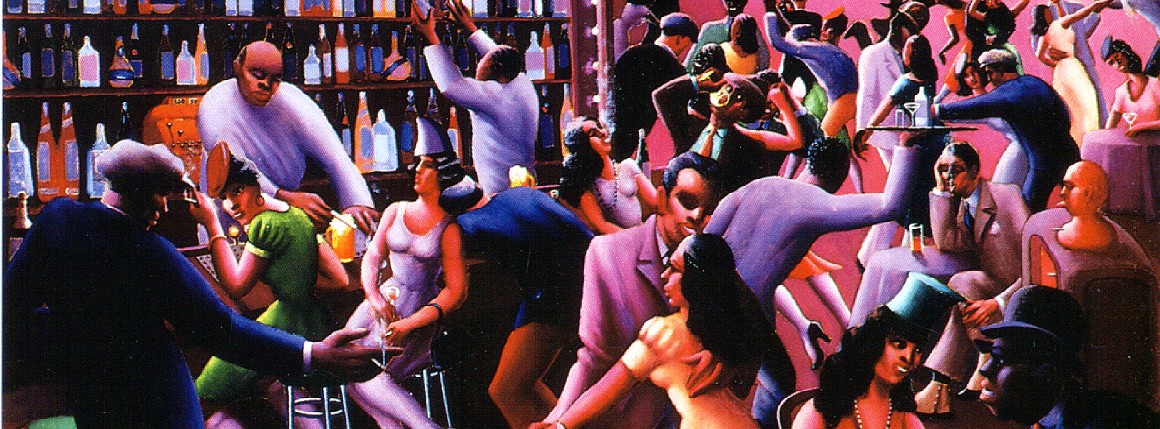Bill Robinson was born in Richmond, Virginia, on May 25, 1878. Early on in his childhood, Robinson was raised by his grandmother after both of his parents died in 1885. Robinson also earned the nickname “Bojangles” for his contentious tendencies. Robinson started dancing when he was 5 years old, performing in local beer gardens. In 1886, Robinson joined Mayme Remington’s touring troupe, and then in 1891, Robinson joined a traveling company and performed as a vaudeville act. At first, Robinson performed exclusively before black audiences. In 1908, Robinson met Marty Forkins, who became his manager, and encouraged Robinson to develop a solo act in night clubs.
In 1928, Robinson starred on Broadway in Blackbirds of 1928, a musical starring black performers but intended for white audiences. Robinson became commonly known as “Bojangles,” connoted a cheerful and happy-go-lucky demeanor for his white fans. Even though Robinson worked regularly as an actor, he was best known for his tap dancing routines. Robinson also pioneered a new form of tap, shifting from a flat-footed style to a light, swinging style that focused on elegant footwork.
Robinson starred in 14 Hollywood motion pictures, but despite his success, Robinson wasn’t able to transcend the stereotypical roles written for black actors. One By accepting those roles, Robinson was able to stay in the public eye. Robinson is widely famous for performing in various films alongside Shirley Temple during the 1930s, such as The LIttle Colonel. In 1939, Robinson performed in The Hot Mikado. Robinson later celebrated his 61st birthday by publicly dancing down 61 blocks of Broadway. After Robinson died on November 25, 1949 (at age 71), much of his wealth went to charities in Harlem and beyond. In 1989, National Tap Dance Day was established on Robinson’s birthday, May 25.
Bill “Bojangles” Tap Dancing with Shirley Temple in The Little Colonel:
